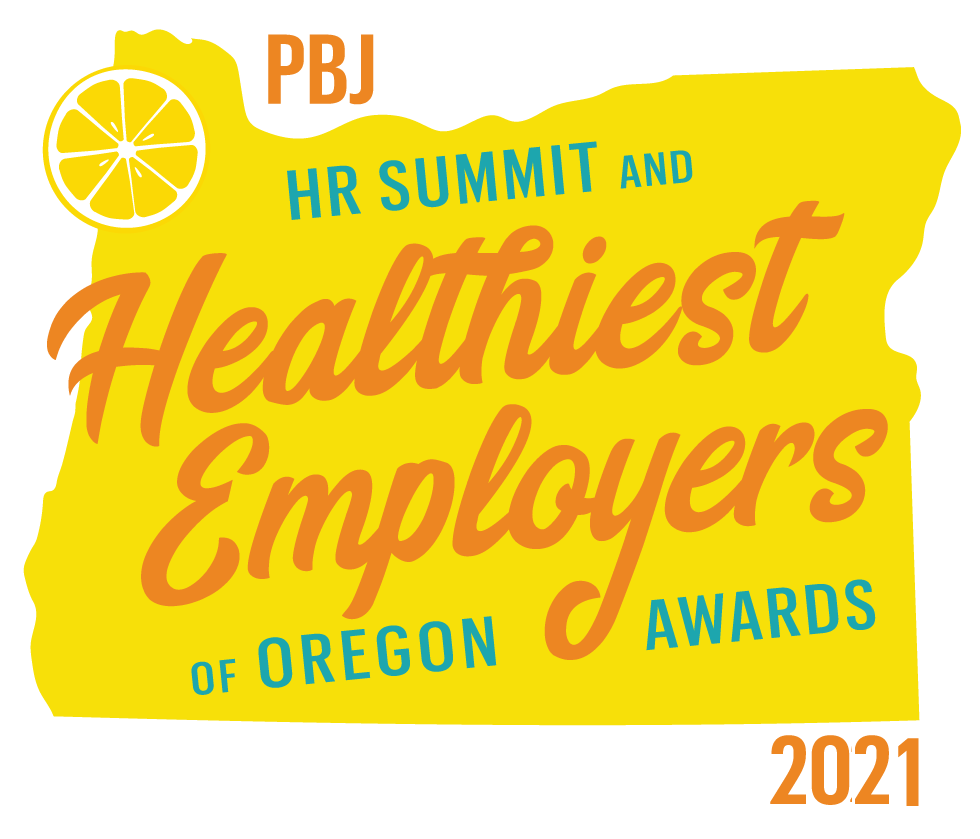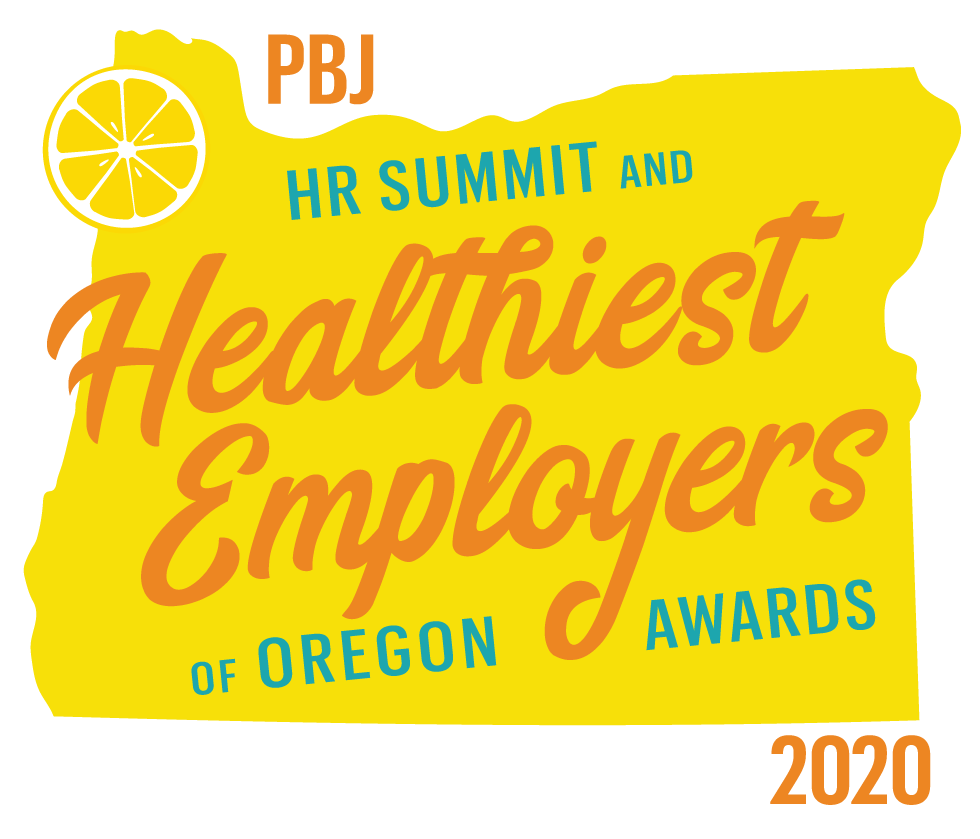Jordan Jeter, Attorney
Since Governor Brown declared a state of emergency on March 8, 2020, followed by her “Stay Home, Save Lives” order on March 23, 2020, many families have been left wondering how COVID-19 and the Governor’s order impact their family law matters. In response, the State Family Law Advisory Committee (SFLAC)—made up of 16 judges and other family law professionals—has published guidance for parents sharing custody or parenting time during the COVID-19 pandemic. Some courts have entered orders adopting SFLAC’s guidelines, so we encourage you to read through them.
Below is a list of frequently asked questions to help guide you through these unprecedented times. If you have questions about your specific case, please contact us today. Our attorneys are dedicated to providing the best advocacy possible and are available to assist you via email, phone, and videoconference.
1. The Governor’s order says to stay home and not travel. Does this mean I cannot travel to parenting time exchanges?
The Governor’s order restricts travel except for essential activities. Caring for your children and family members is generally considered essential. Therefore, you should continue to follow the parenting plan as written. If your parenting time exchanges typically occur in a public space where you are unable to practice proper social distancing as recommended by the Oregon Health Authority and Center for Disease Control, communicate with your co-parent and try to find a safe alternative.
SFLAC encourages parents to continue following their parenting plans to promote stability for their children. Between school closures and the cancellation of many activities, your children may be feeling the instability of these unprecedented times. Stability is in your children’s best interest, and it is important for you and your co-parent to provide as much stability as possible for your children. The current situation with COVID-19 is an opportunity for you and your co-parent to come together and work collaboratively to develop joint routines and discuss safety and hygiene with your children.
2. I am now at home full-time, but my co-parent is considered essential and continues to work outside of the home. Can I keep our children at home with me?
Current court orders regarding parenting time remain in effect. Like any other time, you cannot unilaterally change the parenting time schedule. That being said, if you and your co-parent agree to modify the parenting time schedule for the duration of the COVID-19 pandemic, that is fine. In those cases, SFLAC encourages parents to work collaboratively to schedule makeup parenting time and continue to foster your children’s relationship with their other parent.
We understand that parents may be concerned about their children’s risk of exposure from a parent working outside of the home. SFLAC encourages parents to communicate about precautions they are taking to stop the spread of COVID-19. Maintaining transparency and keeping communication open is in your children’s best interest. That being said, you cannot restrict your co-parent’s parenting time based on your belief that their precautions are inadequate. Pursuant to most parenting plans, parents are authorized to make day-to-day decisions while the children are in their care. According to the SFLAC, such day-to-day decisions include following the recommendations of the Oregon Health Authority and the Center for Disease Control.
3. My ex is refusing to let me have our children for my parenting time. What can I do?
The SFLAC made clear: COVID-19 is not a reason to deny parenting time. Parties should continue to follow court-ordered parenting plans. If you are being denied parenting time, contact your attorney right away. Do not contact law enforcement for parenting-related disputes unless there is a real, immediate, and significant safety concern.
4. I have been laid off due to the COVID-19 pandemic and cannot continue to pay my child support and spousal support. What can I do?
If your income has been impacted by the COVID-19 pandemic, you can seek a modification of your child support order. You can work with the Oregon Department of Justice Child Support Division directly to request an administrative modification of your child support order.
If you are unable to pay court-ordered spousal support, you may be able to file a motion to modify your spousal support obligation. That motion would go through the court system, rather than the Department of Justice. Contact your attorney to get this started.
5. I had an upcoming court date, but now the courts are closed. How long will I have to wait to get my case resolved?
We know that court delays can be very frustrating, especially when they are outside of your control. In response to COVID-19, the Chief Justice of the Oregon Supreme Court ordered most family law hearings to be postponed until after June 1, 2020. Court staff is working hard to reschedule postponed hearings, and your attorney will be in touch with your new hearing dates.
Although these delays are not ideal, they may provide an opportunity to resolve your case outside of court. Talk to your attorney about your options. Many mediators, for example, are offering services by video so that cases can be resolved without jeopardizing the health and safety of the parties.
6. I was served with a family law matter before the court closed. Do I still need to respond?
Yes. Despite the court closures, you must timely respond to any summons or pleading requiring a response. Stay in communication with your attorney so that we can all work together to meet any upcoming deadlines.
During the closure, the courts have limited staff working reduced hours. Many courts, such as Multnomah County, are unable to answer phone calls and are instead encouraging people to send questions via email. Keep that in mind if you attempt to contact the court directly about your case.
























